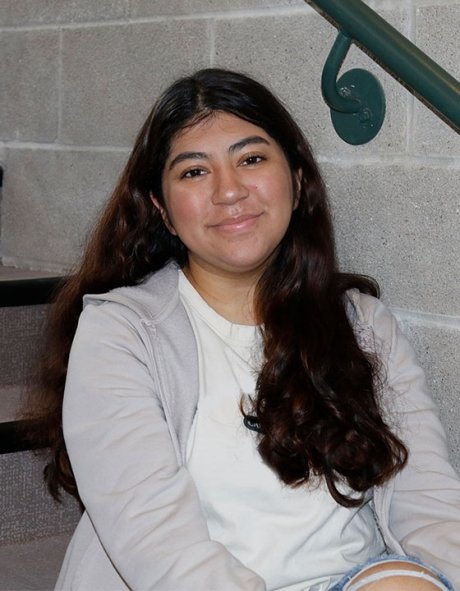
We are all increasingly global citizens.
American-born Genesis Camey Cabrera grew up in Guatemala from age four to 15. While straddling both American and Guatemalan cultures, she also discovered a love for all things Korean.
The 20-year-old is an avid fan of K-pop, K-TV, K-dramas, K-novels and Korean restaurants.
Last semester, she was finally able to fulfill her dream of traveling to South Korea with the help of RIC’s Study Abroad Office. The director put her in contact with TEAN, an international study abroad provider who took care of all the logistics – course enrollment, room, board, travel, etc.
The cost of the program was $14,000. But through a $6,500 Shinn Study Abroad Scholarship, a $5,000 Gilman Scholarship and a $3,000 Federal Pell Grant, she was able to pay for her trip entirely. In her junior year, during Fall Semester, she began studying at Korea University.
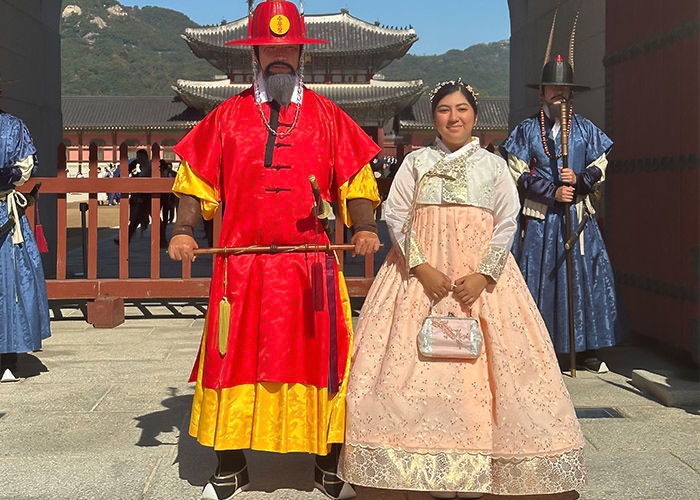
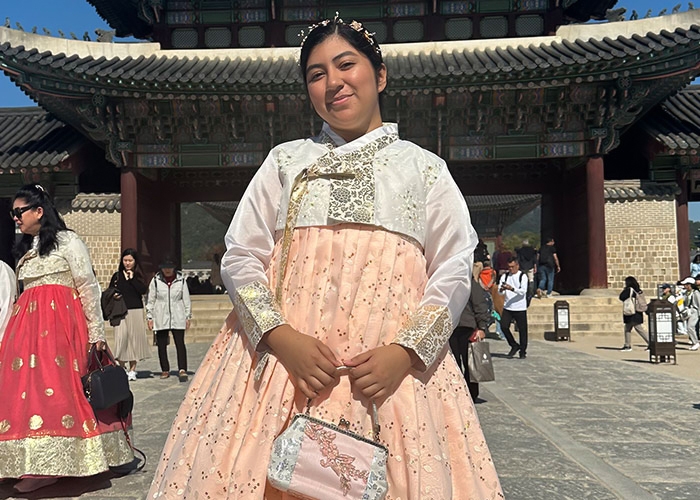
When the 20-year-old landed on South Korean soil, she came at a politically tumultuous time. Three months into her stay, former president Yoon Suk Yeol would declare martial law.
“Under martial law, foreigners aren’t allowed to participate in any protests. If I was caught even passing by a protest, I could get arrested. I never went anywhere alone,” she says.
Despite the political tensions, Cabrera discovered a community beyond politics – international friendships.
“One of my group of friends consisted of twin sisters from Indonesia, a guy from Hungary, a girl from Malaysia and my American roommate. Another group of friends were Korean students from my class. And then there were the friendships I made at church.”
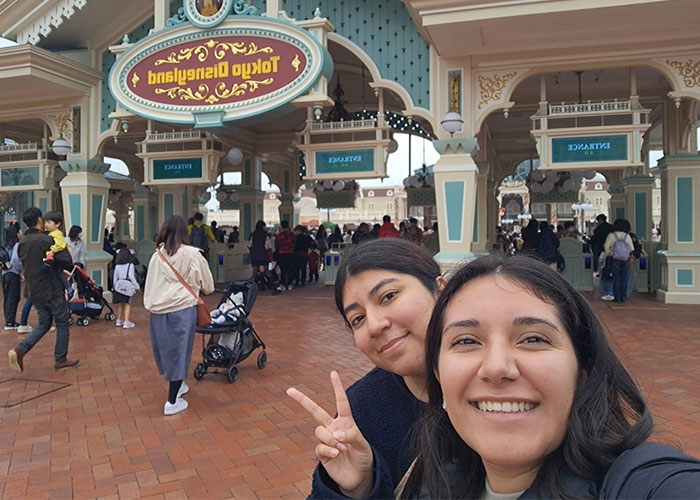
“My American roommate and I are both Christians. We attended two Korean churches while we were there. I was surprised to find that so many Koreans are Christians. One church was led by a lovely Korean couple who owned a café but who were also pastors. Their mission, they said, is to welcome foreign exchange students.
“Every Wednesday night at 7, they would put away the tables and set out rows of chairs. First, they would provide Korean language classes. Then they would hold church service. In the Christian community I didn’t feel like a foreigner. I felt at home. I remember calling my mom and saying, ‘Mom I really love this place. Even though I don’t know much of the language, everyone here is so nice to me.’”
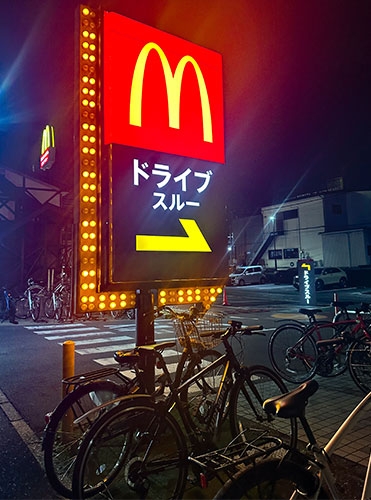
At Korea University, Cabrera studied the History of East Asian Studies, the History and Culture of Korea and Intermediate Spanish I and II. Though she speaks Spanish fluently, RIC’s language placement test required her to brush up on her grammar with two 200-level courses.
“In class, I was able to help my classmates with their Spanish pronunciation, while they helped me with Korean words. It became a type of cultural exchange,” she says. “And I loved that they were so open to learning about the Guatemalan culture.”
Going to South Korea also lifted the depression she had suffered for many months while in the United States.
“Though I am a legal citizen, my parents are not. My parents waited in Mexico for seven months to obtain work permits to enter the United States,” she says. “I was trying to give comfort to my parents and I was responsible for providing for them because they couldn’t work in Mexico without a permit. But they met really nice people in Mexico – church members – who gave them clothes and food.
“A week before I was officially awarded the Shinn Study Abroad Scholarship, my parents were finally allowed to enter the United States. That’s when my depression lifted because now I had the support of my family. I wasn’t by myself anymore.”
Before returning to the United States, Cabrera attended a lecture on campus that greatly impacted her. The speaker was a North Korean refugee.
“He was about 40 or 50 years old,” she says. “One day, his mother and brother decided to escape from North Korea, while he was away serving in the military. When he returned home and found them gone, the neighbor told him his mother had left a message for him. She told him to follow them to the embassy in Thailand. He couldn’t escape through China because China would bring him back. He had to go to Thailand and from there take a boat to South Korea. While listening to him, I never cried so much. I cried because I was grateful because the country I was born in – the United States – has basic freedoms.”
Looking back on her study abroad experience, Cabrera says, “Study abroad isn’t just about taking courses in another country. It’s about learning about yourself and another culture. I hope more RIC students study abroad. It’s not impossible. Look at me, a little girl from Guatemala who came to the United States on her own and then went to South Korea. Nothing is impossible.”
To learn more about study abroad and available scholarships, visit the Office of Study Abroad.
